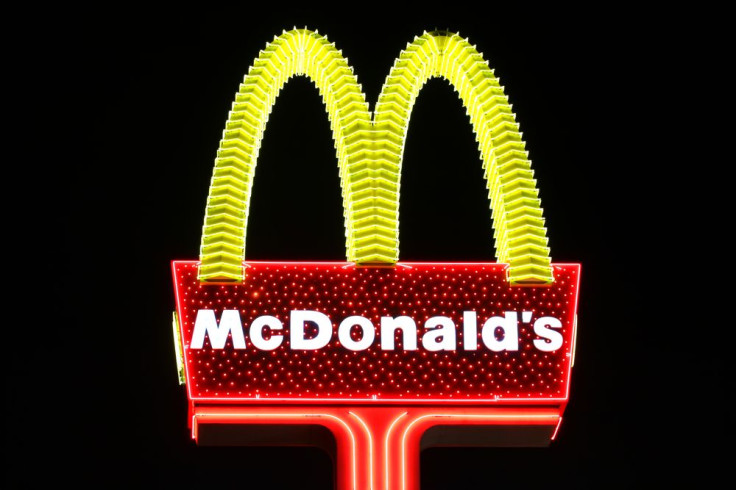Fast Food Symbols Spur Impatience, Impair Enjoyment: How Fast-Food Restaurants 'Undermine The Surplus Leisure Time They Permit'

Is McDonald’s ruining your day by limiting your ability to savor the moment? According to a new study from the University of Toronto, high exposure to fast food advertisements may place severe psychological restrictions on our ability to live in the now and appreciate aesthetic objects. The flux of signs, they argue, instills a chronic impatience that precludes certain types of appreciation.
The study sought to determine whether the impatience associated with fast food symbols can also influence the actual mindset of the consumer. According to the authors, the inquiry stemmed from the simple observation that modern technologies and phenomena designed to save time tend to accomplish the exact opposite by reducing the amount of time an individual feels comfortable to spend. By reducing our attention span, these innovations make it even more difficult to access time-consuming gratification.
“It is ironic that technologies designed to improve well-being by minimizing time spent on mundane chores may ultimately undermine the surplus leisure time they permit,” the researchers wrote, according to Psypost. “By instigating a sense of impatience, these technologies may prevent people from savoring the enjoyable moments life offers serendipitously.”
To investigate, the researcher designed three experiments. In the first, they looked that the relationship between an individual’s self-reported ability to savor and the concentration of fast food restaurants in her neighborhood. They found that, on average, a high fast-food concentration corresponded to a reduced ability to savor and enjoy.
In the second experiment, participants were shown a series of stock photographs mixed with pictures of McDonald’s food with or without its original wrapping — which, in case you’ve been living under a rock for the past 50 years, is one of the prime mediums for advertisement symbols. Some were also shown a number of beautiful photographs of scenic nature settings. All participants were then asked to rate their happiness.
In the last experiment, the participants were once again asked to view the image sequence containing pictures of McDonald’s food. However, instead of rating their happiness, they were asked to listen to an aria and estimate how long it was. The idea was that impatient people would consider the tune to be significantly longer and more tedious.
All three experiments suggested a clear association between high fast food exposure and a restricted ability to savor. As the fast food concentration in a neighborhood increased, a resident’s ability to “stop and smell the roses” diminished, The Atlantic reported. Similarly, the aria seemed significantly longer to subjects who had seen pictures of McDonald’s symbols.
The idea that commercial signs impair cultural engagement is nothing new. An early example can be found in the French philosopher Jean Baudrillard’s harsh critique of a poster of “The Godfather” he once saw in an authentic Italian restaurant. By using an artificial, pseudo-Italian symbol to affirm an actual Italian identity, the restaurant is allowing commercial entities to erect a so-called hyperreality that precludes all authenticity. Commercial artifices, he argues, have been allowed to infiltrate organic processes and “real” referents. This effectively cancels identity, discovery, originality, and other crucial forces on which the Western artistic tradition relies.
“Given the prevalence of fast-food symbols in our everyday environment, it is critical to better understand their influence,” the researchers wrote in their conclusion. “As a ubiquitous symbol of an impatient culture, fast food not only impacts people’s physical health but may also shape their experience of happiness in unexpected ways.”
Source: Julian House, Sanford E. DeVoe, and Chen-Bo Zhong Too Impatient to Smell the Roses: Exposure to Fast Food Impedes Happiness Social Psychological and Personality Science 1948550613511498, first published on November 14, 2013 doi:10.1177/1948550613511498
Published by Medicaldaily.com



























